Excerpt and Highlights:
“The words we write or speak have immense power and are part of societal discourse which both influences and is influenced by public pol- icy. We contend that the words we use have the power to respectfully, and accurately, represent people and ideas; they also have the ability to perpetuate ignorance and bias, leading to stigmatisation, discrimination, and de-humanisation. One approach to reducing stigma within society is the advocacy for person-centred language. We note this may also be referred to as person-first language, however we use person-centred language as this correlates with the broader concept of person-centred care (Entwistle & Watt, 2013; Håkansson Eklund et al., 2019)” (Harney et al, 2021).
Recommendations from this commentary include:
- Person-centered language should be the only acceptable way of presenting research related to People with lived/living experience of Incarceration
- Use “People who use drugs (PWUD)” instead of “injecting drugs users”
- Use “People who are incarcerated (PWAI)” instead of ‘prisoner’ or ‘prisoners’ ‘offenders’ or ‘inmates’
- Use “People with lived experience of incarceration (PWLE)” for people who were formerly incarcerated
Brendan L. Harney, Mo Korchinski, Pam Young, Marnie Scow, Kathryn Jack, Paul Linsley, Claire Bodkin, Thomas D. Brothers, Michael Curtis, Peter Higgs, Tania Sawicki Mead, Aaron Hart, Debbie Kilroy, Matthew Bonn, Sofia R. Bartlett
2021 | International Journal of Drug Policy | Available online


